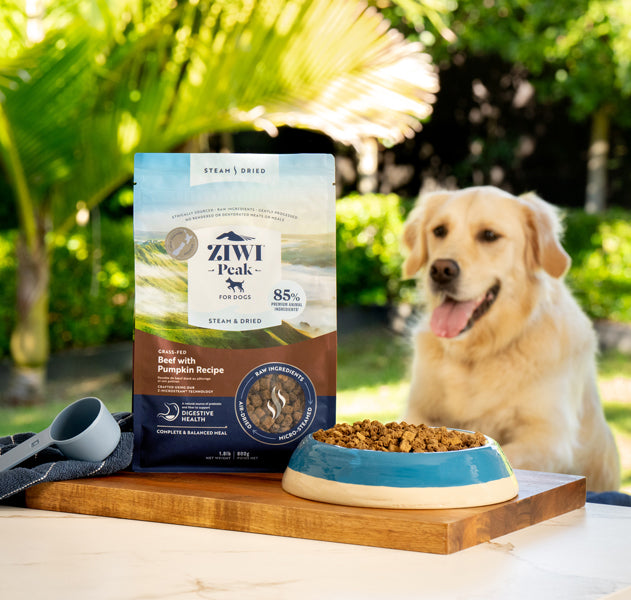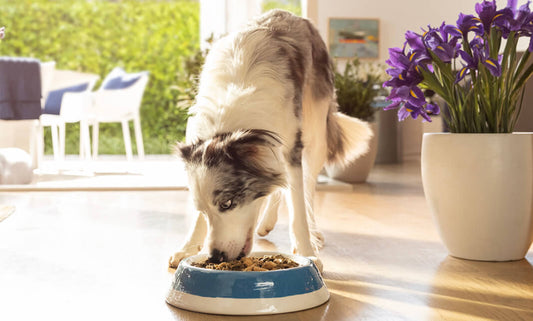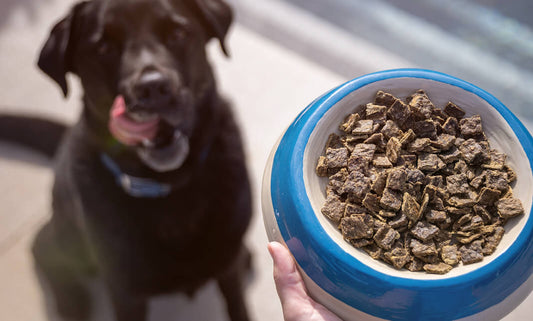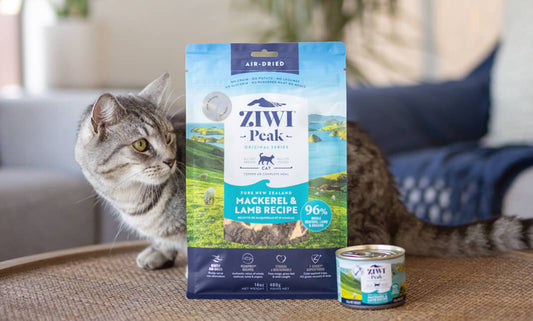
Want to stop your dog eating poop? A great place to start is their diet, but below we explore other reasons why your dog might be doing it, and some easy ways to deter the habit.
Why do they do it?
They could be eating poop for:
- Medical reasons (such as enzyme deficiency, parasites, underfeeding, diabetes or diseases that cause increased appetite).
- Behavioural reasons like anxiety, attention-seeking, stress, or a change in routine.
- Environmental reasons. If your dog is eating poop in their own environment, it could also stem from an innate desire to keep their ‘den’ clean, like their wolf descendants who would eat the poop of sick or injured pack members.
Also, anything with a strong smell or taste is interesting to dogs, and those on a highly processed diet will often have smelly, larger stools compared to dogs eating a biologically-appropriate diet such as raw-alternative food like ZIWI Peak®.
What are some solutions?
Various studies have put ‘anti-poop-eating’ products to the test, with little success.
Raw food is better for your dog than highly processed food and actually produces much smaller and less smelly stools, which will be less enticing for your dog.
Ashleigh Macpherson (pet guardian of Kaya) knows how transitioning to a raw diet can help:
"When Kaya first arrived, we were all excited to have this bundle of joy enter our lives. We knew we might see some different and difficult puppy behaviours, but there was one behaviour we never expected… she ate her own poop, and didn’t grow out of it.
“I began to use ZIWI treats and found she stopped snacking on her poop. I then made the big decision to move Kaya fully onto ZIWI - and it was the best move! It's been a few years now, and Kaya still hasn't been tempted to eat her own poop.”
Here are some other tips to remember:
- Be vigilant about cleaning up your dog’s poop every day.
- Supervise your dog on walks and clean up poop quickly.
- Green tripe is particularly high in digestive enzymes and probiotics, and can help your dog suffering from a sensitive tummy when transitioning to a new diet.
Sources:
https://www.mallardcreekvet.com/dr-waldens-blog/previous/4
https://onlinelibrary.wiley.com/doi/full/10.1002/vms3.92









